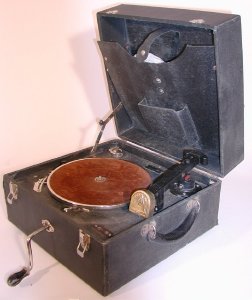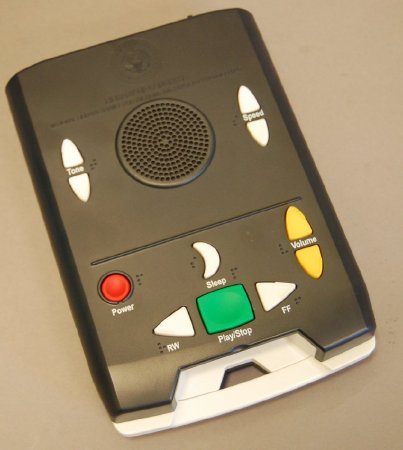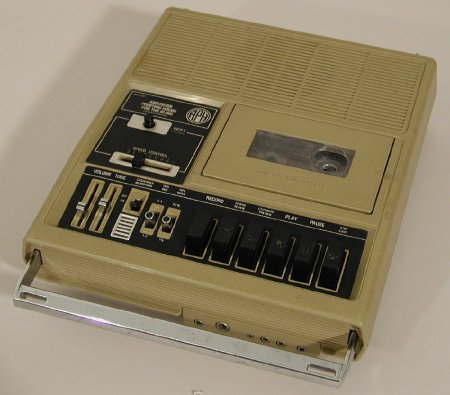In 1932, the American Foundation for the Blind began experiments to make the recording of books for the blind practical. APH installed its own model sound recording studio in 1936 and was soon equipped to manufacture talking book records from wax recordings to the finished pressings. The first book produced at APH was Gulliver's Travels, narrated by Hugh Sutton. The success of the first Talking Books was due, in great measure, to talented narrators. Most were actors or radio personalities. By the 1980s, vinyl record albums were phased out in favor of cassette tapes. Today, Talking Books are recorded on flash memory cartridges. Publishers typically waive copyright protection to allow talking book producers to record their publications for the blind.


